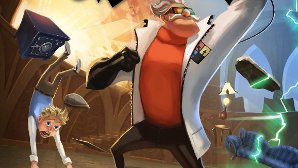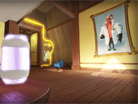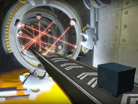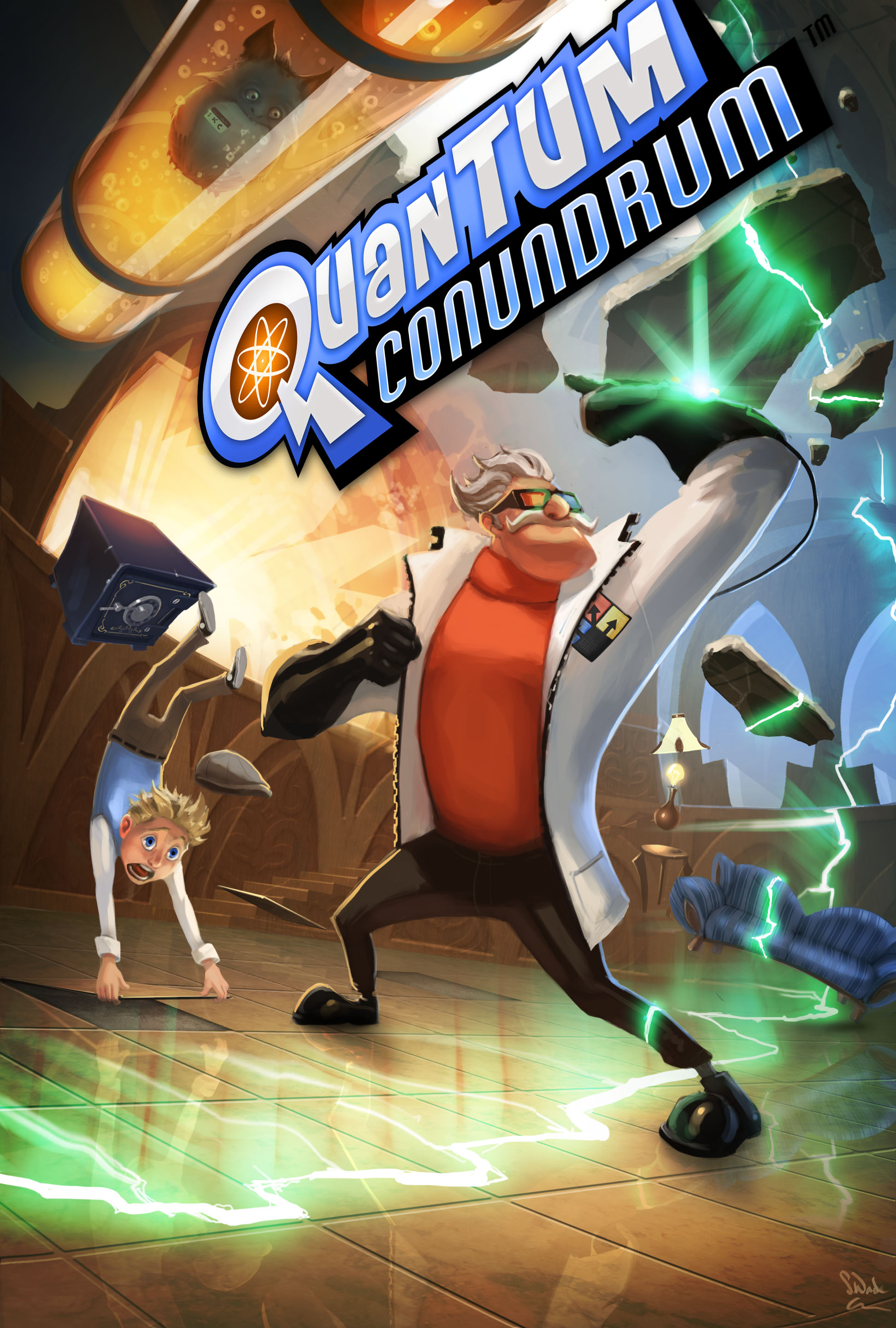Quantum Conundrum
Latest about Quantum Conundrum

Square Enix announces two new DLC packs for Quantum Conundrum
By Andrew Groen published
Square Enix announced today that they are planning to release two new DLC packs for their mind-shifting puzzler Quantum Conundrum...

Game of the month, June 2012
By Sterling McGarvey published
Summer kicks off with two games that defy natural law!

Quantum Conundrum aims to defeat physics by turning itself into a TV show
By GamesRadar_UK published
Heard of Square-Enix's physics-defying Quantum Conundrum? Did you think it has the look of an amazing TV show? You're in luck if you did, as iam8bit reveal a TV spin-off no-one saw coming...

Quantum Conundrum spoiler free tips and tricks guide
By Alex Roth published
Need some puzzle solving help but don't want us to just give you the answer? Here are some tips...

Quantum Conundrum review
By Alex Roth published
The long-awaited new game from the creator of Portal has hit PC. Is it a worthy successor to the devious legacy of GlaDOS?
Weekly digests, tales from the communities you love, and more




